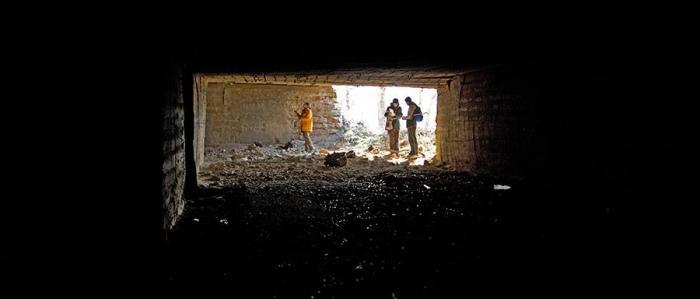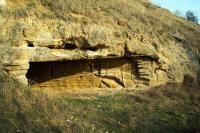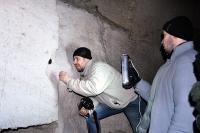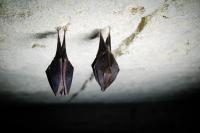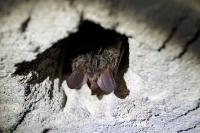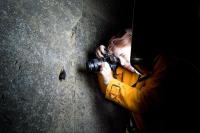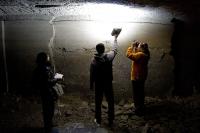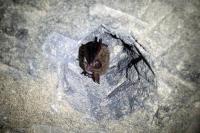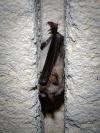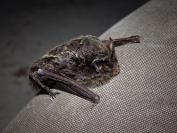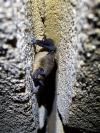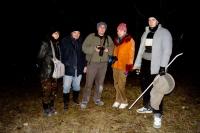Due to the lack of bat workers in the last decade only a few activities for bat protection have been conducted in Moldova. Information on the conservation status of bat species should be updated and public awareness about bat issues should be placed again on the agenda of environmental NGOs – that is the objective of a group of enthusiasts, coordinated by WiSDOM Association.
With this regard several activities have been planned, including also research on the current status of bat populations, wide awareness-raisingcampaignstogether with a radio campaign, the Bat Night Festival as well as publication of educational materials in print and electronic media. The project Winter Censuses of Moldavian Caves, in the framework of the EUROBATS Projects Initiative, focused on updating information on several species (Rhinolophus hipposideros, Myotis daubentonii, M. dasycneme, M. mystacinus, M. bechsteinii, M. blythii, Eptesicus serotinus, Barbastella barbastellus, Plecotus auritus, Pl. austriacus) and sites of concern, and on taking photos which would be used for further awareness-rasing activities. Within the period between December 2013 and March 2014 three expeditions to Saharna and Bycioc limestone mines and Tiganca bat reserve were organised. These sites are important hibernation roosts for bat populations.
According to the previously published data Saharna limestone mines are a hibernation roost for 12 species of bats; in Bycioc mines and Țiganca bat reserve there are 9 and 8 species respectively. Țiganca bat reserve is the only known hibernacula for the long-eared bat Myotis bechsteinii in Moldova. Our investigations confirmed the importance of these sites as we found 9 out of 12 species in Saharna, 7 out of 9 species in Bycioc, and 7 out of 8 species in Țiganca reserve. Two important findings of 18-year-old ringed serotine bats were made in Saharna and Bycioc mines. All the species and sites were photographed and documented.
Our results will be used for updating the Red Book of Moldova, the new edition of which will be published at the end of 2014.

